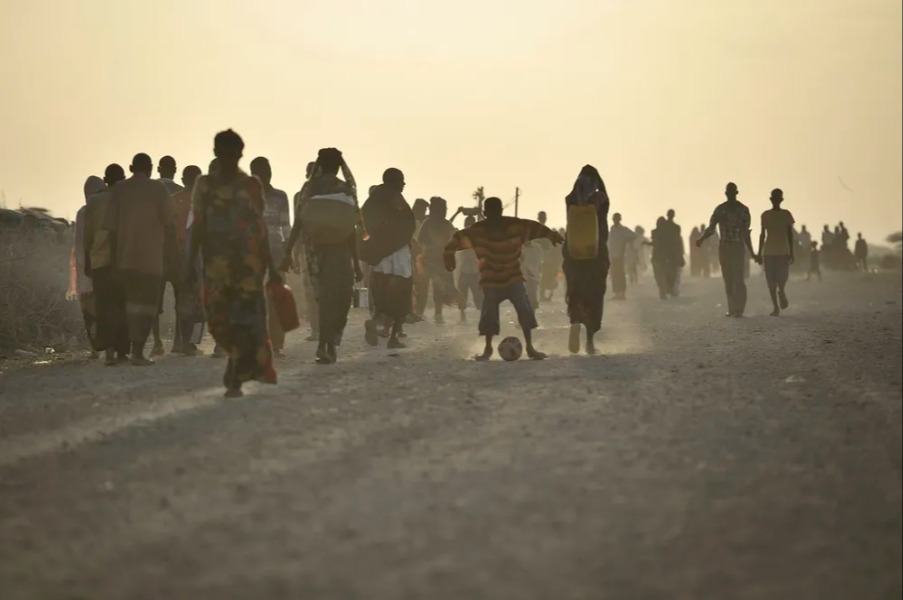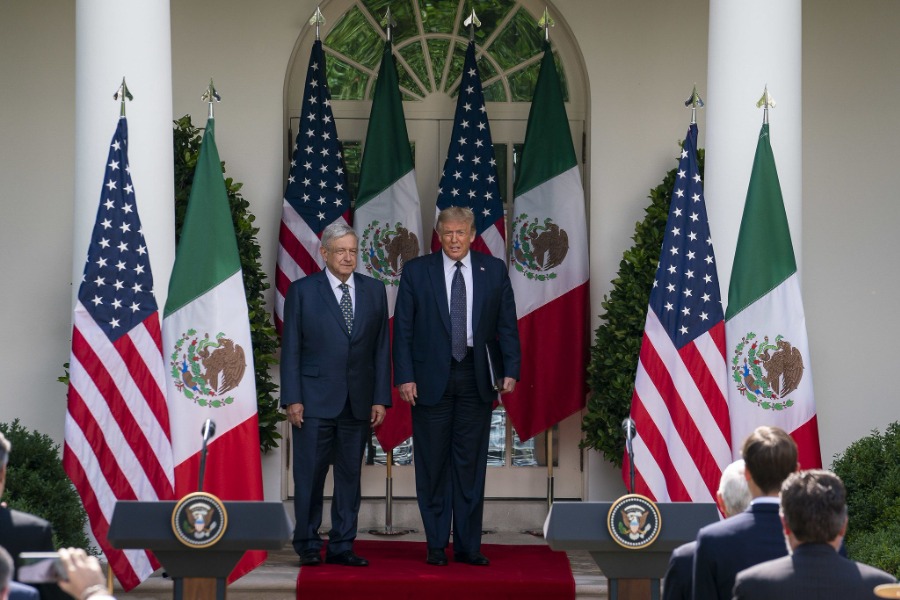Secretary Gates on Rule of Law in Afghanistan and the Possible Expansion of ROLFF
In a speech today that criticized NATO coalition partners for their diminishing contributions to the Afghanistan effort, Secretary of Defense Gates said something remarkable about the rule of law in the context of the Afghanistan transition:
[A]s we consider the elements of effective transition, it is worth recalling the core grievances in Afghanistan that spawned and subsequently empowered the Taliban 20 years ago.
Published by The Lawfare Institute
in Cooperation With

In a speech today that criticized NATO coalition partners for their diminishing contributions to the Afghanistan effort, Secretary of Defense Gates said something remarkable about the rule of law in the context of the Afghanistan transition:
[A]s we consider the elements of effective transition, it is worth recalling the core grievances in Afghanistan that spawned and subsequently empowered the Taliban 20 years ago. One of these grievances was the lack of government at the local level, which fed lawlessness and corruption that affected individual Afghans in their daily lives. Under such conditions, the harsh and repressive forms of dispute resolution and discipline advertised by the Taliban as justice seemed a tolerable alternative. Unfortunately, a vacuum of governance remains in key areas. We must support the Afghan government in its efforts to establish basic dispute resolution in key districts in order to facilitate improvements in security, to create the conditions that foster the reintegration and reconciliation of former insurgents, and to combat corruption that undermines trust in the Afghan government. All these goals support a durable transition. Within this context, the U.S. strongly supports the proposal for a NATO Rule of Law Field Support Mission currently being considered within the [International Security Assistance Force] coalition. This new mission would bring to bear much-needed field capabilities, liaison, and security in support of Afghan and international civilian providers of technical assistance; these civilian providers can then more effectively help Afghans increase access to dispute resolution services and enhance the legitimacy of the Afghan government. If we don't win here, then the Taliban will.Gates’ message echoes and reinforces remarks by General Mark Martins, the Commander of the Rule of Law Field Force – Afghanistan (ROLFF-A), at a recent press conference (which Bobby posted on earlier). The speech appears point the way for the ROLFF-A, currently a United States command, to become multi-national. For more on ROLFF-A, see General Martins’ posts here and here and here and here and here.
Jack Goldsmith is the Learned Hand Professor at Harvard Law School, co-founder of Lawfare, and a Non-Resident Senior Fellow at the American Enterprise Institute. Before coming to Harvard, Professor Goldsmith served as Assistant Attorney General, Office of Legal Counsel from 2003-2004, and Special Counsel to the Department of Defense from 2002-2003.





